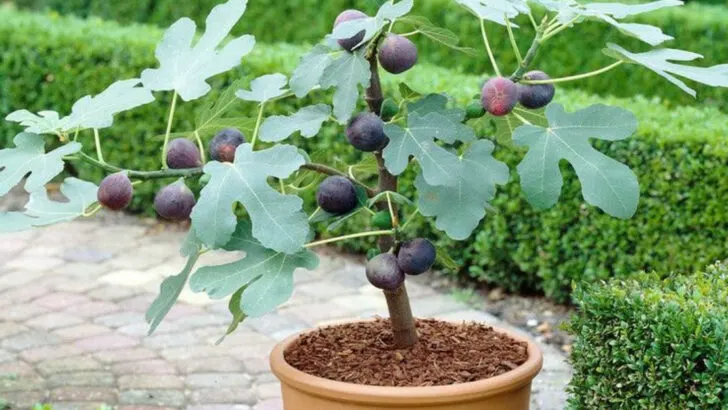Think you need rich, loamy soil and years of gardening experience to grow your own fruit? Think again. Some fruits are so resilient, they practically grow themselves—even in poor, dry, or compacted soil. If you’ve been hesitating to plant because your garden isn’t “perfect,” this list is for you.
In this article, we’re revealing 15 fruit plants that don’t just survive tough conditions—they thrive in them. From rugged berry bushes to low-maintenance fig trees and melon varieties that laugh in the face of neglect, these growers ask for little and give a lot. No expensive fertilizers, no perfect pH levels—just a bit of sunlight, patience, and basic care.
At Plantisima, we believe fruitful gardens should be accessible to everyone, no matter the soil type or skill level. Whether you’re planting in clay, sand, or something in between, these 15 self-sufficient fruits are your shortcut to a delicious, no-stress harvest.
Blackberries
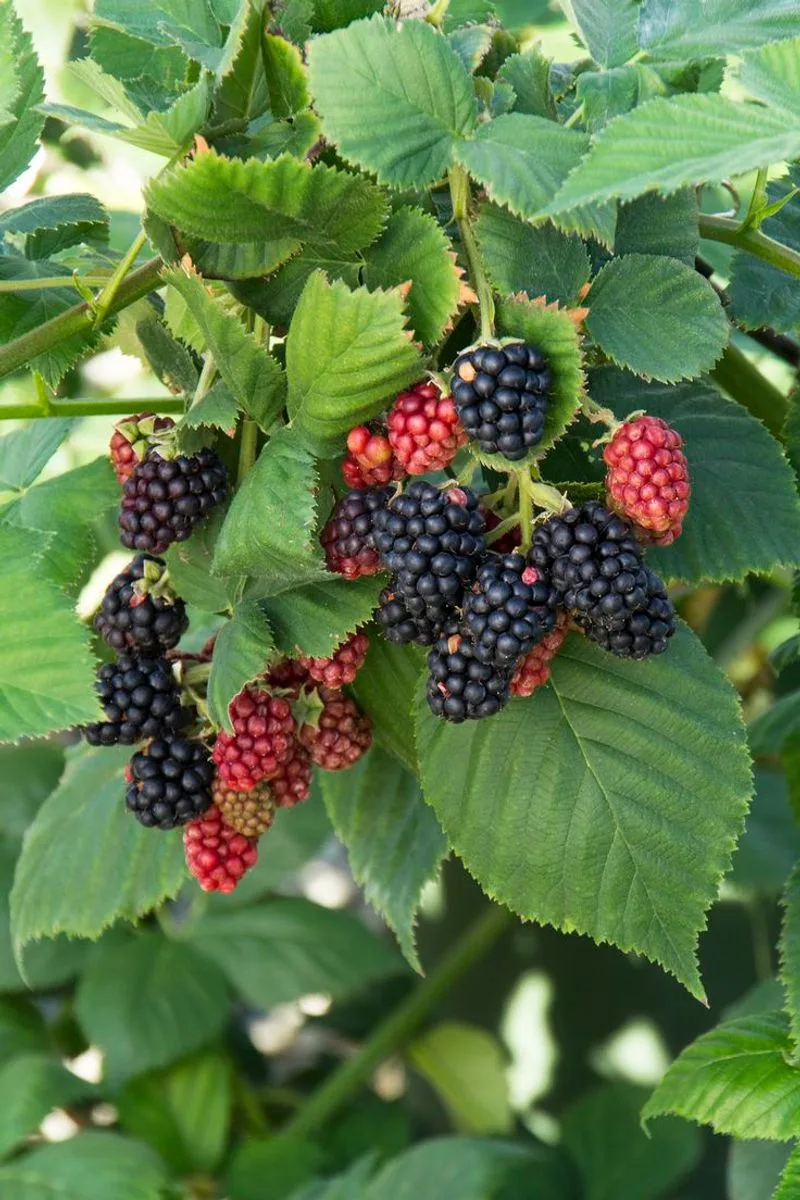
Ever stumbled upon a wild thicket of blackberries on a summer walk? Blackberries are nature’s gift that keeps giving. These resilient plants flourish even when forgotten, sending out sprawling vines that yield clusters of juicy berries. Their ability to thrive in challenging soils makes them a favorite for those with a busy schedule. Naturally resistant to many pests, blackberries are a low-maintenance fruit that provides a bountiful harvest with minimal effort. Plant them once, and they’ll reward you year after year.
Gooseberries
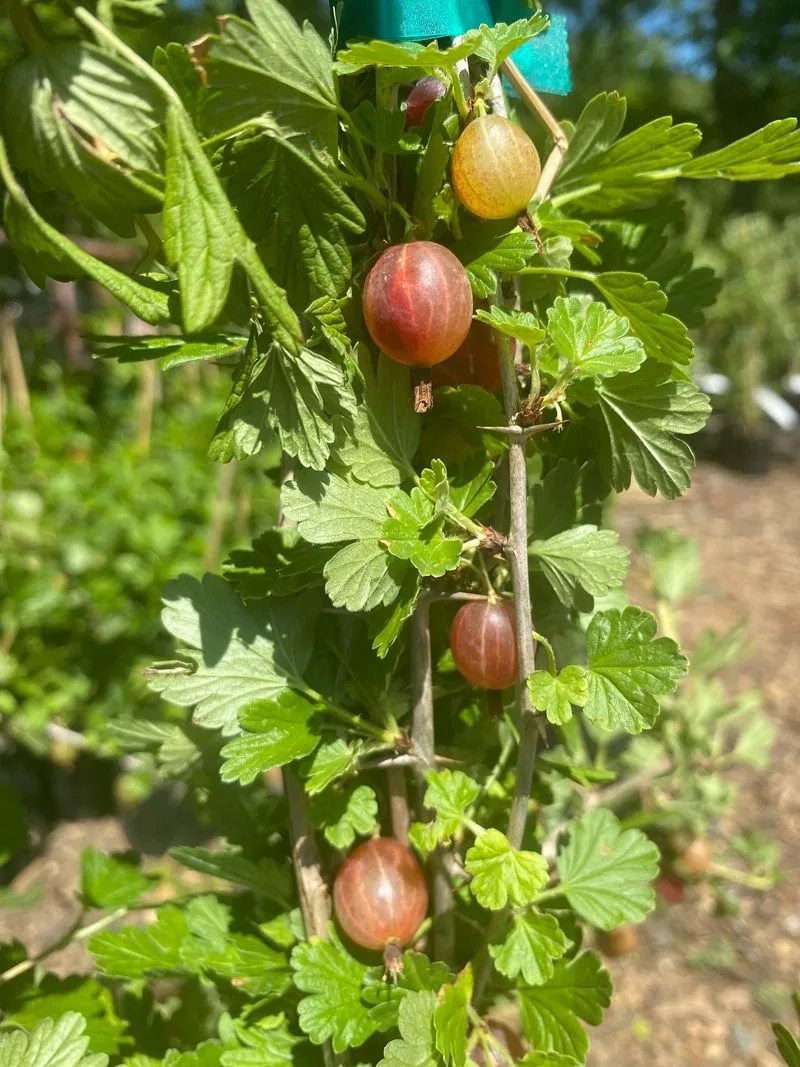
Have you ever tasted a gooseberry? These underrated gems pack a tart punch and are surprisingly easy to grow. Gooseberries adapt well to different soil types, including those less fertile. They are perfect for gardeners seeking a fruit that doesn’t need coddling. Once planted, gooseberries require little attention, making them a hassle-free addition to any garden. Their familiar, old-fashioned flavor is a nostalgic reminder of simpler times, bringing a touch of history to your backyard.
Mulberries
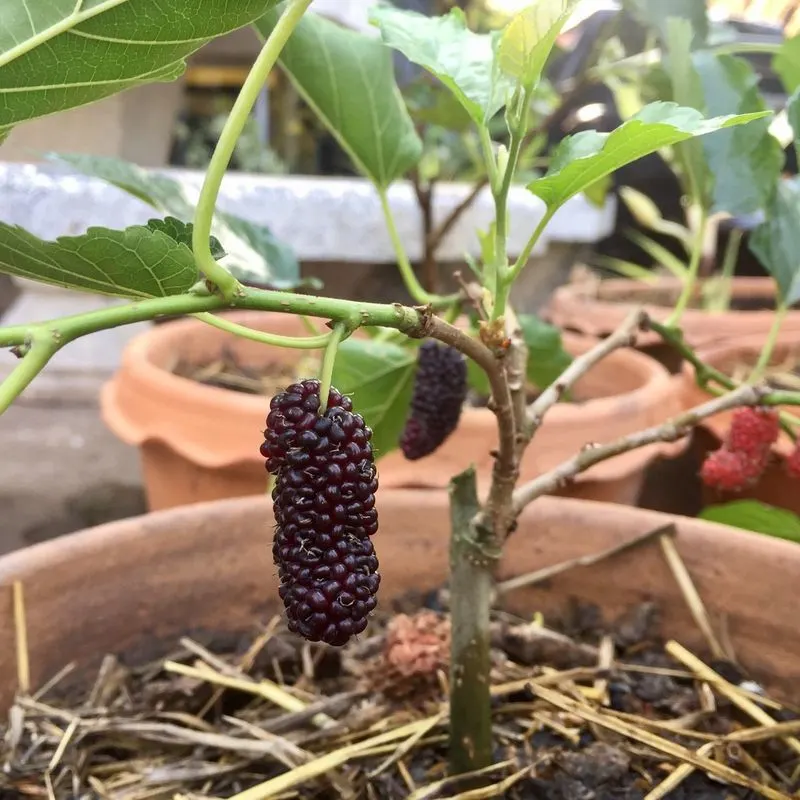
Mulberries may evoke childhood memories of stained fingers and summer days. These trees are incredibly durable, capable of growing in less-than-ideal soil with ease. Their robust nature means they can handle neglect and still reward you with an abundance of sweet, juicy berries. Mulberries make an excellent choice for anyone looking to harvest a tree of fruit without extensive care. Beyond their taste, they offer a touch of nostalgia and a reminder of carefree days spent outdoors.
Strawberries
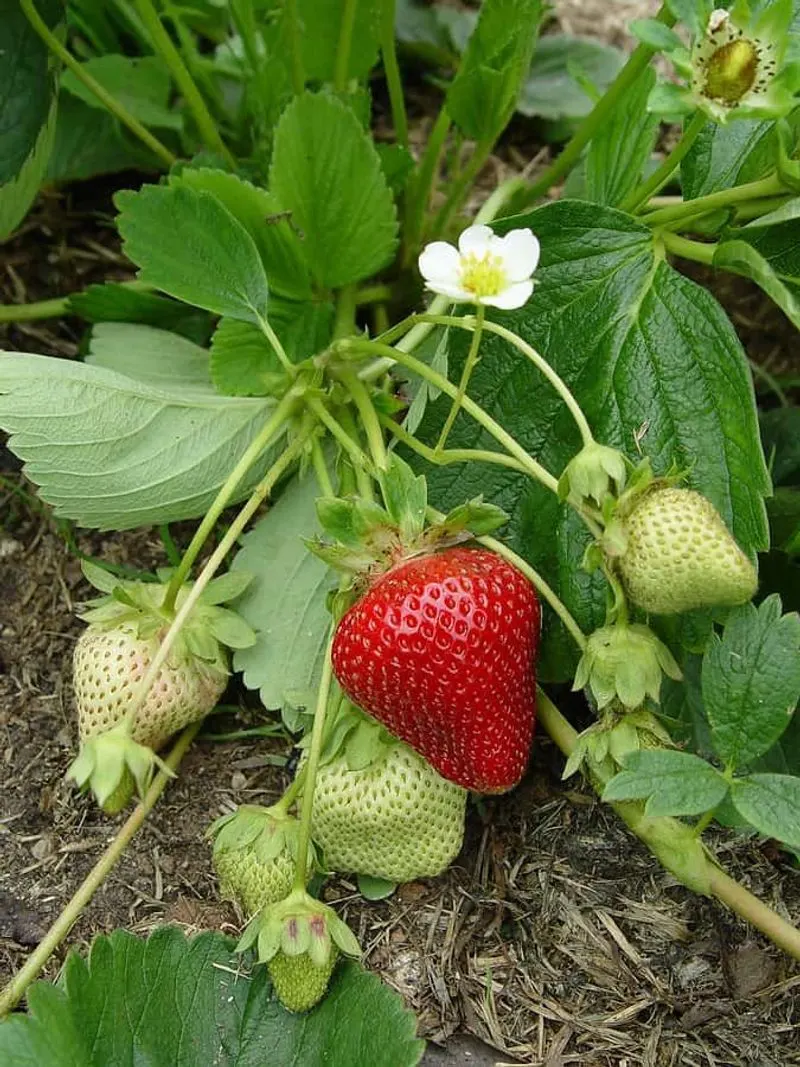
Is there anything more delightful than a sun-warmed strawberry? Strawberries are beloved for their sweet flavor and versatility. These plants are surprisingly forgiving, thriving even in poorer soils. They spread rapidly, creating a carpet of green that soon turns into a sea of red berries. Perfect for pots or garden beds, strawberries require little space and effort to cultivate. With minimal care, they offer a summer treat that can transform any outdoor space into a berry haven.
Raspberries
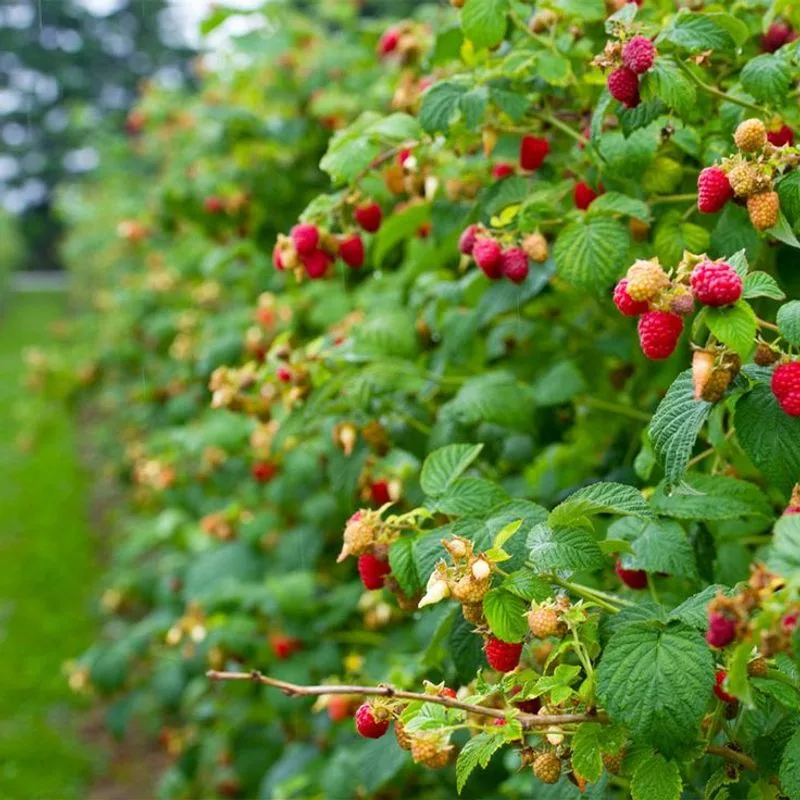
Raspberries are the quintessential summer fruit, with their vibrant color and tangy flavor. These adaptable plants are well-suited for less fertile soil, making them a practical choice for many gardeners. Once established, raspberries require minimal maintenance, producing abundant harvests year after year. Their resilience extends beyond soil conditions, offering an easy way to enjoy fresh fruit without the fuss. Whether eaten fresh or preserved, raspberries are a versatile addition to any garden.
Elderberries
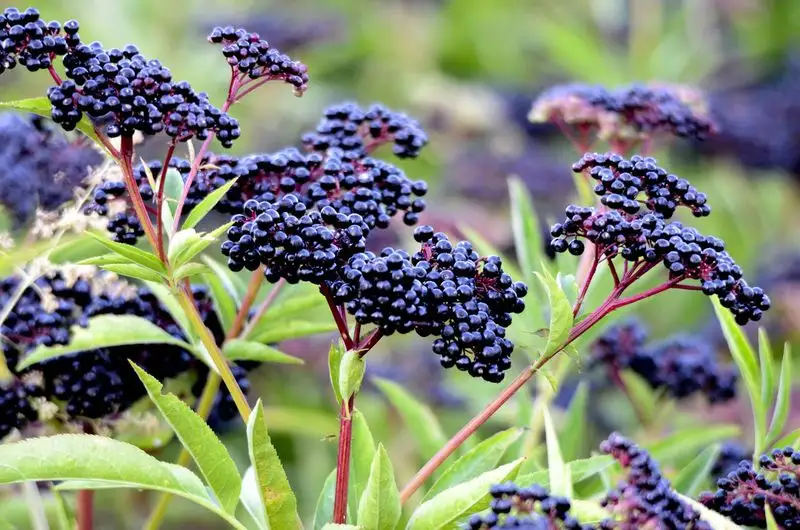
Elderberries might not be the first fruit that comes to mind, but their health benefits are hard to ignore. These hardy plants thrive in a variety of soil types, including those less fertile. Once established, elderberries require minimal care, producing clusters of dark berries that can be used in wines, jams, and syrups. Their resilience makes them a worthy addition to any garden, offering both beauty and utility. If you’re looking for a fruit that practically grows itself, elderberries are a top contender.
Figs
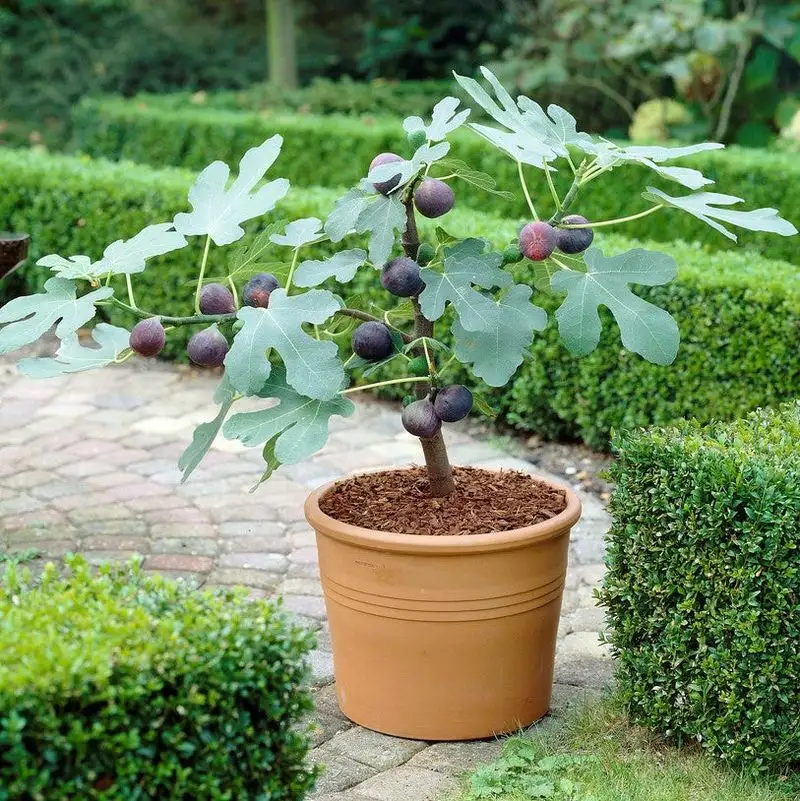
Figs have a storied past, often associated with ancient civilizations, but they are also easy to grow. These trees are remarkably adaptable, flourishing in poor soil with minimal water. Their distinctive fruit is sweet and soft, providing a unique flavor that’s both exotic and familiar. Figs require little attention once planted, making them ideal for those who prefer a laid-back gardening approach. Their low maintenance nature and delicious output make figs a valuable addition to any garden.
Pomegranates
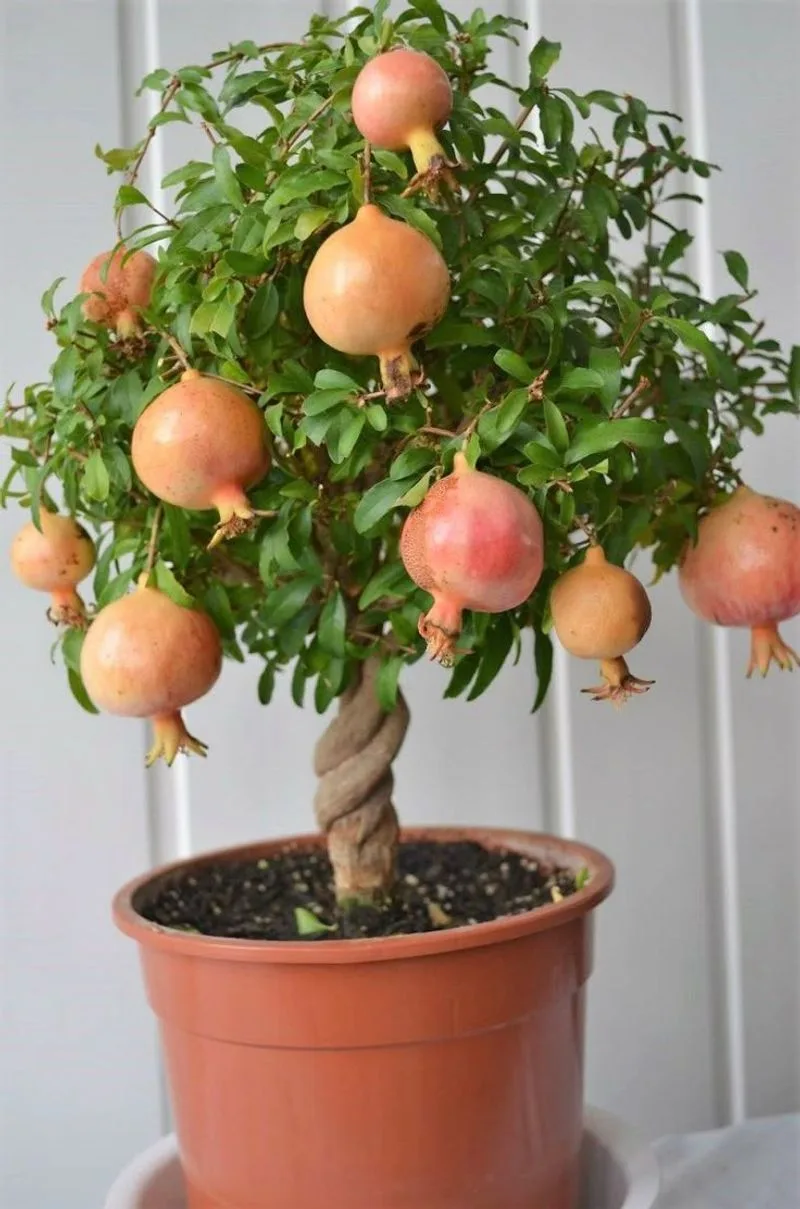
The pomegranate’s jewel-like seeds are a treat for the senses, and the tree itself is a champion of resilience. Pomegranates thrive in poor soil, requiring little water or care. Their striking red fruit is not only delicious but also packed with nutrients. Once established, these trees are virtually self-sufficient, providing a harvest of vibrant, flavorful seeds. Perfect for adding a touch of exotic flair to your garden, pomegranates are as beautiful as they are easy to grow.
Quinces
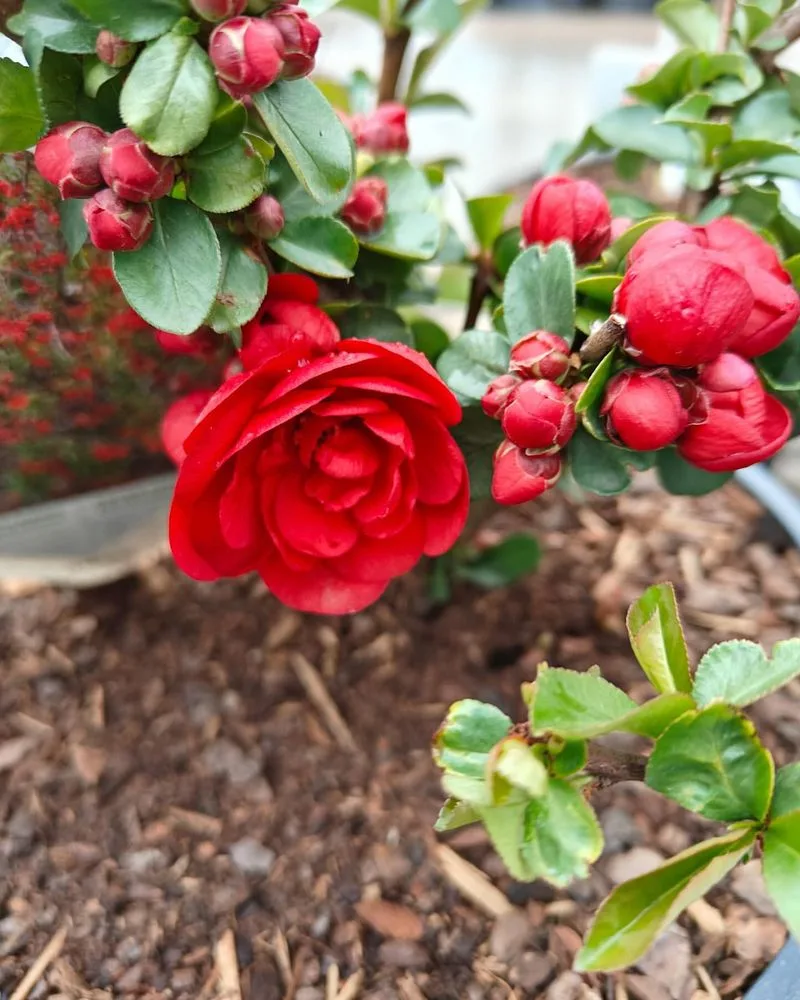
Quinces might seem old-fashioned, but their aromatic fruit is a treasure in any garden. These trees are incredibly durable, thriving in less-than-ideal soil conditions with little care. Their hard, fragrant fruits are perfect for making jams and jellies, providing a taste of history. Quinces are not fussy, allowing gardeners to enjoy their beauty and produce with minimal effort. They bring a touch of nostalgia and old-world charm to modern gardens, making them an excellent choice for any grower.
Kiwifruit
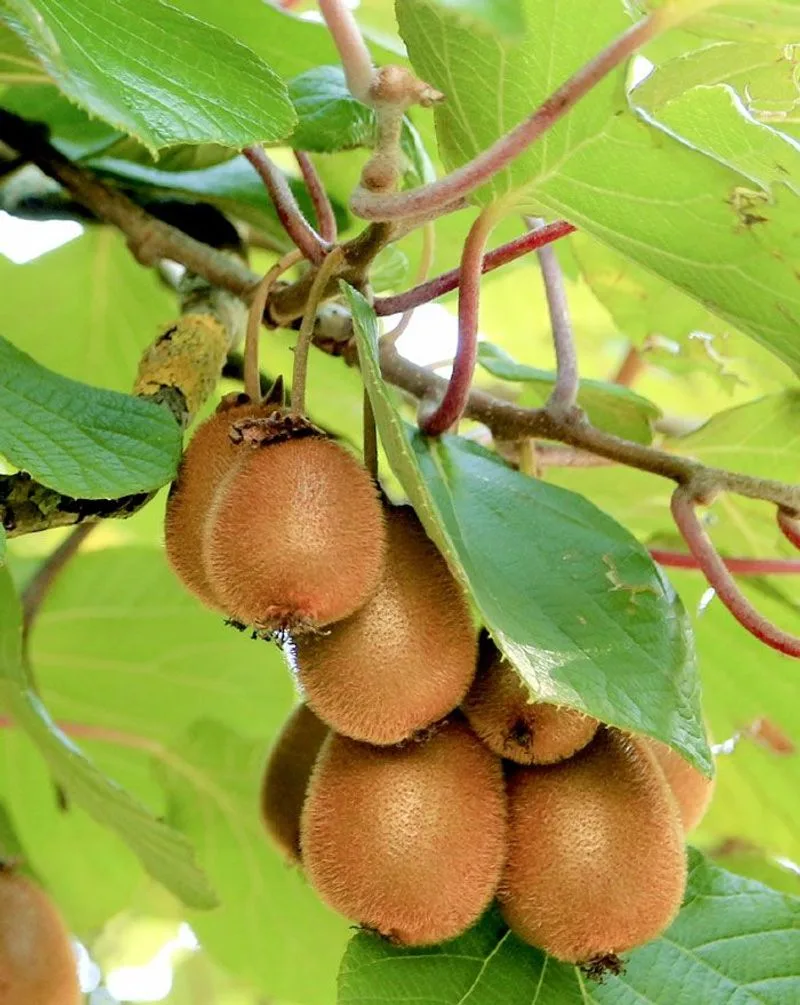
Kiwifruit might evoke thoughts of tropical locales, yet they are surprisingly hardy. These vines thrive in various soil types, even those less fertile. With little more than a sturdy support, kiwifruit can flourish and produce their unique, tangy fruits. Their adaptability makes them suitable for gardeners looking for an exotic touch without the usual hassle. Besides their delicious taste, kiwifruit vines offer a visually appealing addition to any garden setting, rewarding with both beauty and bounty.
Persimmons
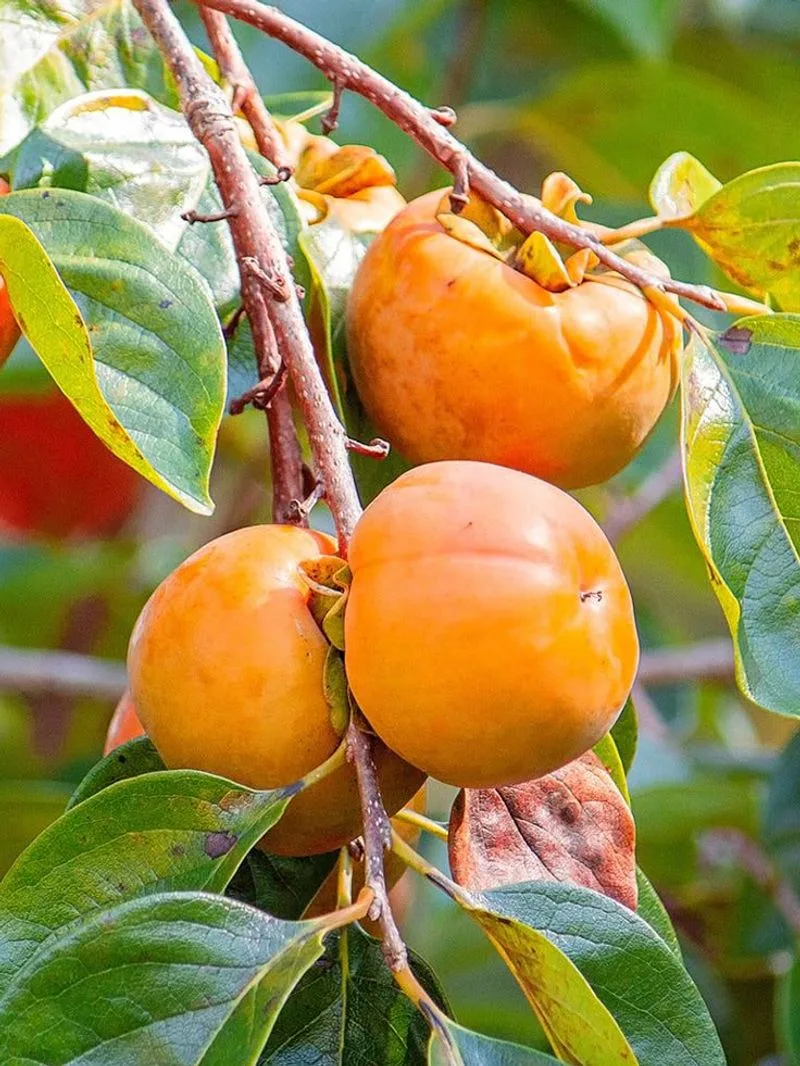
Persimmons bring a splash of color and sweetness to any garden. These trees are well-suited to less fertile soil, requiring minimal intervention once established. Their vibrant orange fruits are as beautiful as they are tasty, making persimmons a visually striking addition to any landscape. Beyond their aesthetic appeal, they offer a luscious flavor that is both unique and satisfying. For those seeking an easy-to-grow fruit that stands out, persimmons are a delightful choice.
Pawpaws
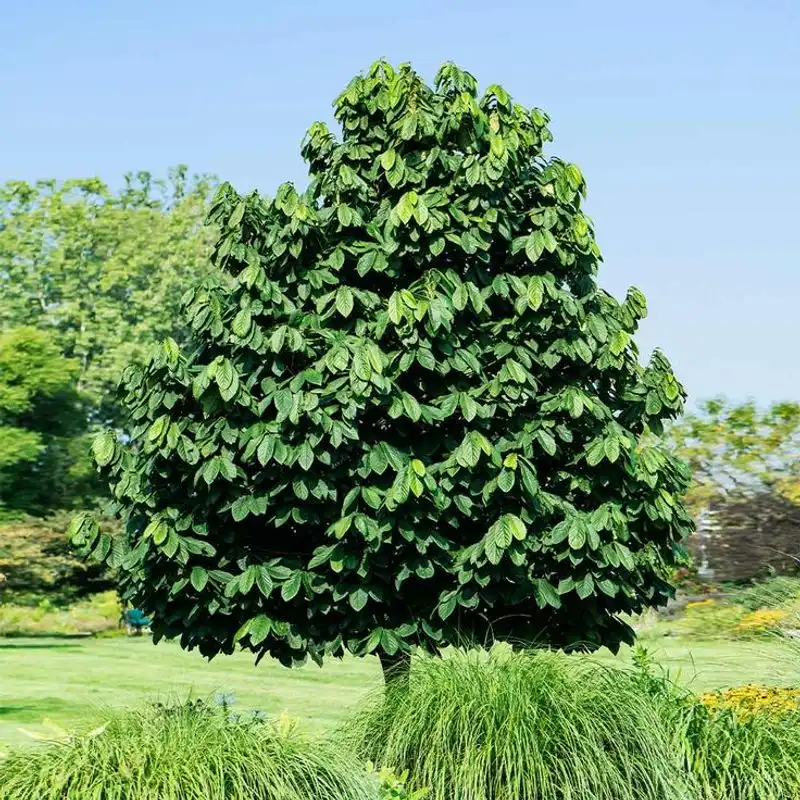
Pawpaws are the hidden gems of the fruit world, often overlooked despite their delightful flavor. These native trees thrive in poor soil, requiring minimal care to produce their creamy, custard-like fruit. With a flavor reminiscent of bananas and mangoes, pawpaws add an exotic touch to any garden. They grow well in shaded areas, making them perfect for underutilized spaces. For those seeking something different and easy to manage, pawpaws are an excellent addition.
Cranberries
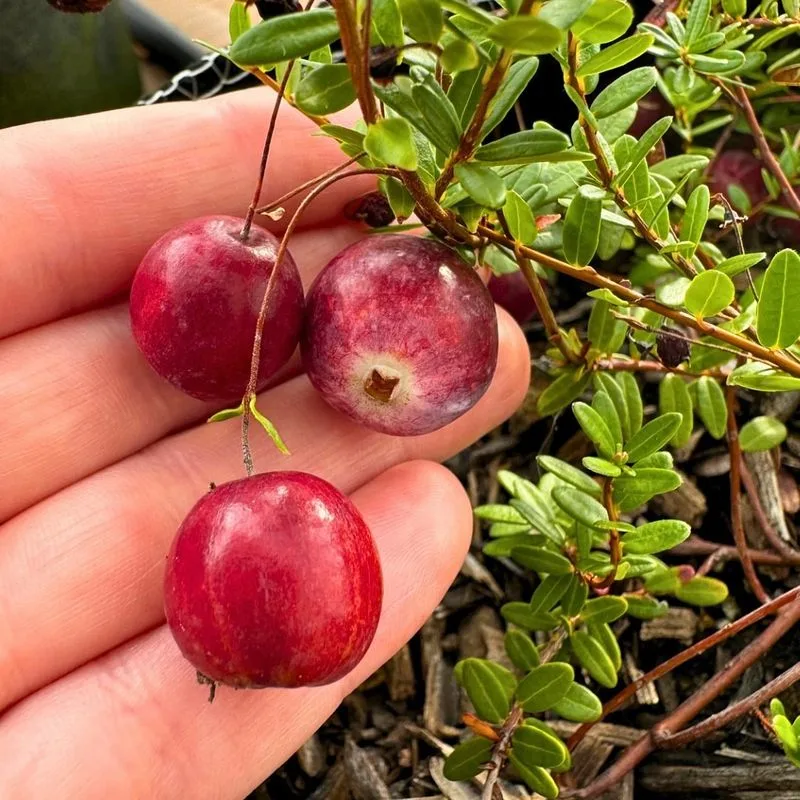
Cranberries aren’t just for the holidays; they are a hardy fruit that thrives in challenging conditions. These low-growing vines require acidic soil, but they are incredibly resilient and adapt well to poor soil. Cranberries offer a tart flavor that complements many dishes, along with a rich history in culinary traditions. Their ability to flourish in harsh conditions makes them a unique and rewarding choice for gardeners looking to diversify their fruit collection.
Currants
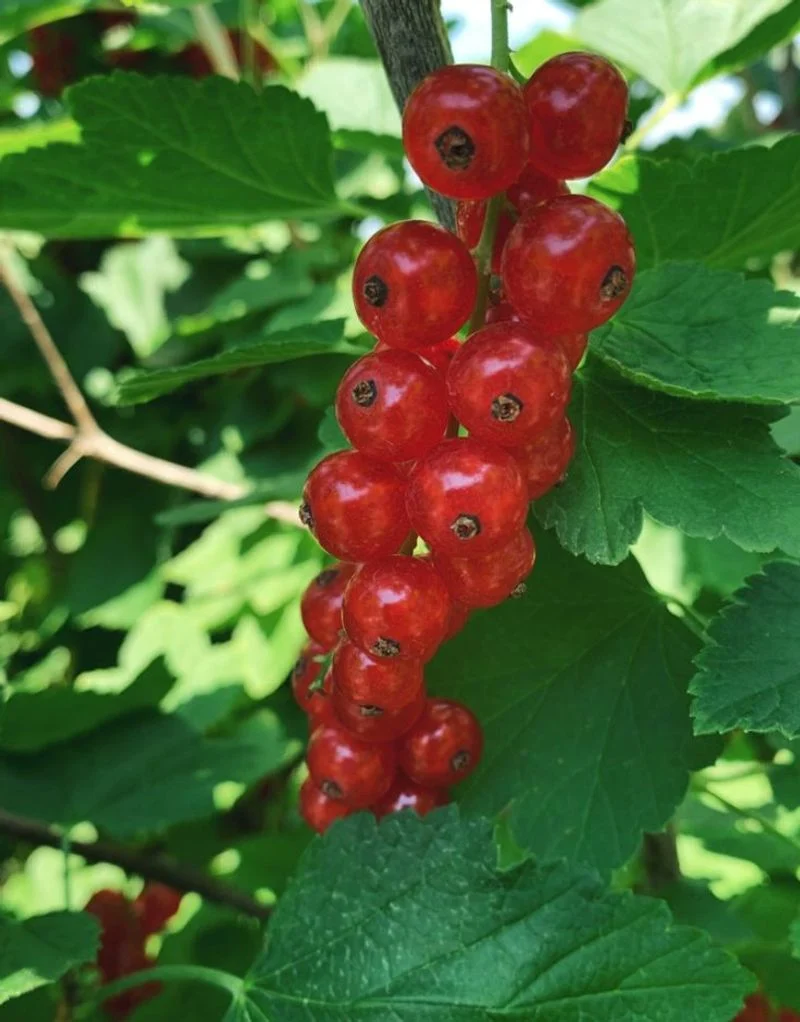
Currants bring a burst of color and flavor to any garden, with their vibrant berries and tart taste. These shrubs are well-suited to poor soil, requiring minimal care once established. Their small, jewel-like berries are perfect for homemade jams and desserts, offering a versatile addition to any pantry. Currants are also a favorite among birds, adding an element of wildlife attraction to your garden. Their ease of growth and delicious fruit make them a must-have for fruit lovers.
Hardy Kiwi
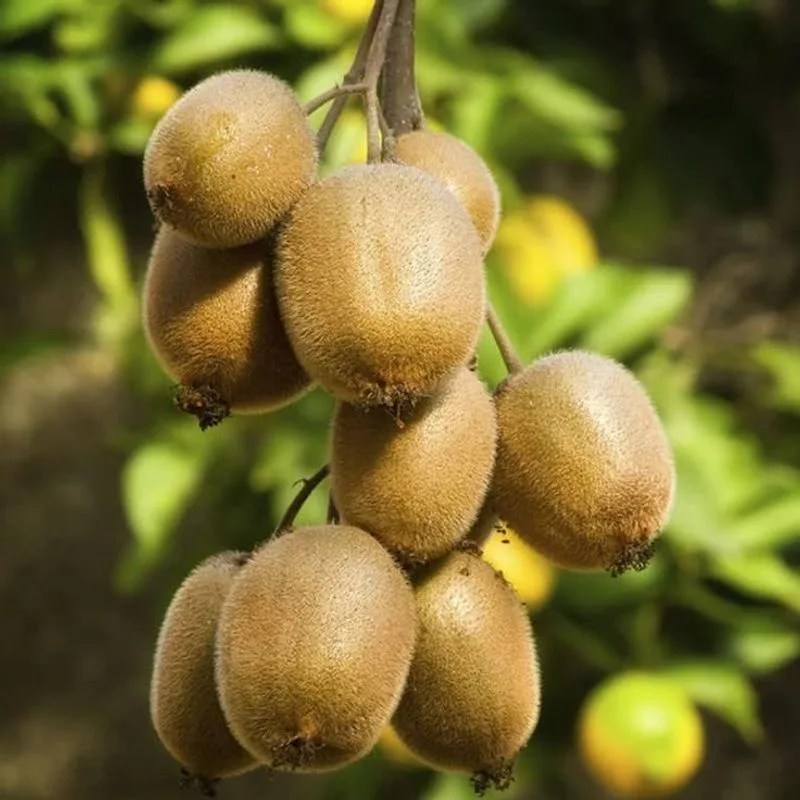
Hardy kiwi is a delightful twist on the traditional kiwi, offering small, smooth fruits that pack a sweet punch. These vigorous vines are well-suited to various soil conditions, even those less fertile. Hardy kiwi requires a sturdy support but little else, making them an easy addition to any garden. Their unique fruit provides a fun and tasty alternative to their larger cousins, adding variety to your harvest. For those looking to try something new, hardy kiwi is a perfect choice.

